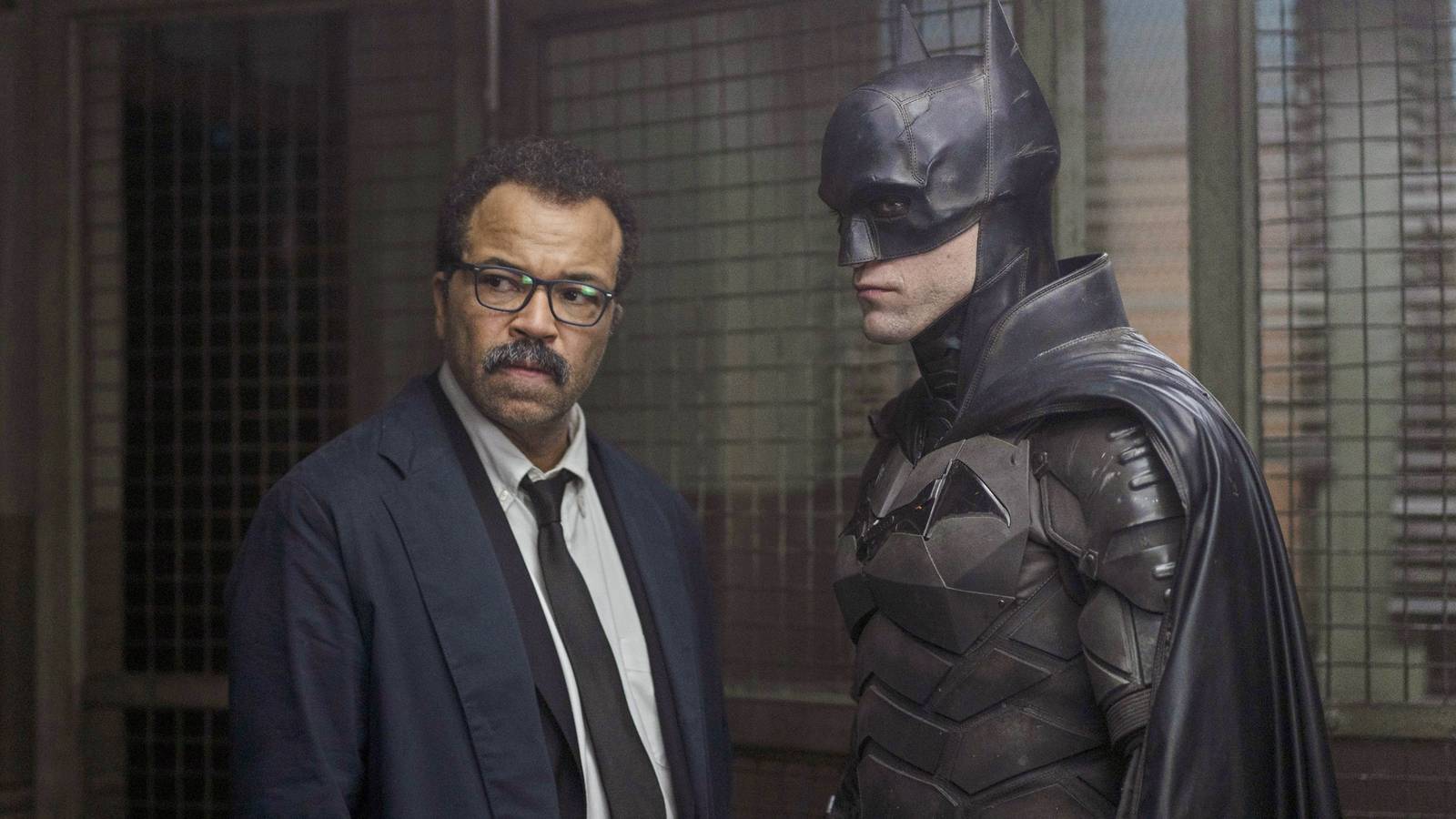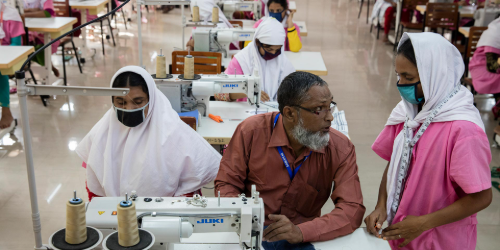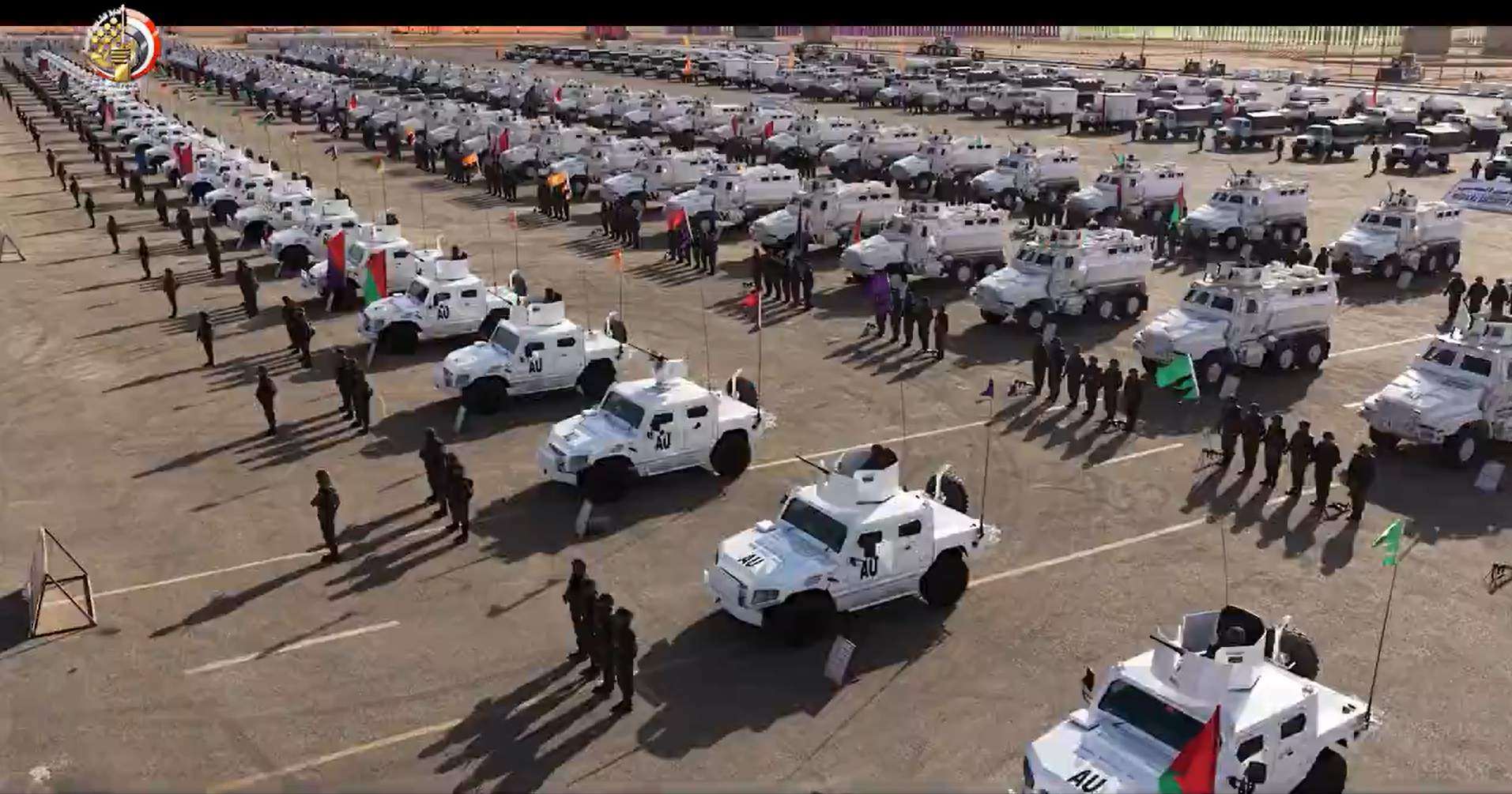Sudan's War Escalates: El-Fasher Falls, Regional Powers Vow to Stop RSF

The fall of El-Fasher, the capital of North Darfur, into the hands of the Rapid Support Forces (RSF) militias marks a pivotal turning point for the powers supporting the Sudanese government of General Abdel Fattah al-Burhan. This significant event has prompted Egypt, in particular, to reinforce its military presence in the south along its border with Sudan and to increase logistical support for the Sudan Armed Forces (SAF). A joint Sudanese-Egyptian command center has been strategically established in Kordofan state, which is vital for the defense of the federal capital Khartoum, to direct the army's military operations against the RSF offensive.
For Egypt, the capture of El-Fasher serves as a stark warning. Its fall geographically separates Darfur, a vast western region of Sudan now largely under the control of the RSF, from the rest of the country, thereby heightening the risk of Sudan's partition. Another pressing concern is the possibility that the RSF could once again pose a direct threat to Khartoum, which its militias had evacuated in March, and the bordering city of Omdurman, potentially via Kordofan. In this scenario, the government in Cairo is resolute in preventing the RSF, led by Mohamed Hamdan Dagalo, from posing any security threat to Egypt's southern border. This imperative is further underscored by the fact that, with the capture of El-Fasher, the RSF now controls crucial smuggling routes extending to Libya and Chad, which inherently increases the risks to Egyptian national security.
Adding another layer of complexity to the regional dynamics, Turkey stands alongside Egypt in this conflict, actively employing armed drones to strike supply convoys. These convoys are observed traveling from the Libyan region of Cyrenaica and Chad toward the RSF strongholds in Darfur. The supplies for the RSF are reportedly provided by the United Arab Emirates (UAE) through an elaborate logistics chain. This chain reportedly originates in Bosaso in Somalia's Puntland, before landing in southern Libya or eastern Chad, and subsequently reaching western Sudan by land.
The proxy war unfolding in Sudan has given rise to paradoxical alliances among the various regional powers. Traditionally, Egypt and the UAE are allies in their concerted efforts against political Islam and the Muslim Brotherhood, groups that are often protected by Turkey. However, in the specific context of Sudan, the UAE and Egypt find themselves on opposing sides, with the UAE supporting the RSF. Conversely, Cairo and Ankara (Turkey) are cooperating in their support for General al-Burhan, whose government notably includes representatives of political Islam. This intricate and seemingly contradictory alignment of forces highlights the complex and often fluid nature of geopolitical interests in the region.
Beyond the military and political developments, the profound conflicts in Sudan and South Sudan will also be a central topic of discussion at the upcoming Plenary Assembly of the Sudan's Catholic Bishops' Conference (SCBC). Bishops from both Sudan and South Sudan are slated to attend this important conference, which will be officially opened on November 10 in Malakal, South Sudan. The overarching theme for this assembly is "Peace, healing wounds and promoting unity," reflecting a crucial focus on reconciliation and cohesion amidst ongoing strife.
You may also like...
Explosive Racism Claims Rock Football: Ex-Napoli Chief Slams Osimhen's Allegations

Former Napoli sporting director Mauro Meluso has vehemently denied racism accusations made by Victor Osimhen, who claime...
Chelsea Forges Groundbreaking AI Partnership: IFS Becomes Shirt Sponsor!

Chelsea Football Club has secured Artificial Intelligence firm IFS as its new front-of-shirt sponsor for the remainder o...
Oscar Shockwave: Underseen Documentary Stuns With 'Baffling' Nomination!

This year's Academy Awards saw an unexpected turn with the documentary <i>Viva Verdi!</i> receiving a nomination for Bes...
The Batman Sequel Awakens: Robert Pattinson's Long-Awaited Return is On!

Robert Pattinson's take on Batman continues to captivate audiences, building on a rich history of portrayals. After the ...
From Asphalt to Anthems: Atlus's Unlikely Journey to Music Stardom, Inspiring Millions

Singer-songwriter Atlus has swiftly risen from driving semi-trucks to becoming a signed artist with a Platinum single. H...
Heartbreak & Healing: Lil Jon's Emotional Farewell to Son Nathan Shakes the Music World

Crunk music icon Lil Jon is grieving the profound loss of his 27-year-old son, Nathan Smith, known professionally as DJ ...
Directors Vow Bolder, Bigger 'KPop Demon Hunters' Netflix Sequel

Directors Maggie Kang and Chris Appelhans discuss the phenomenal success of Netflix's "KPop Demon Hunters," including it...
From Addiction to Astonishing Health: Couple Sheds 40 Stone After Extreme Diet Change!

South African couple Dawid and Rose-Mari Lombard have achieved a remarkable combined weight loss of 40 stone, transformi...





